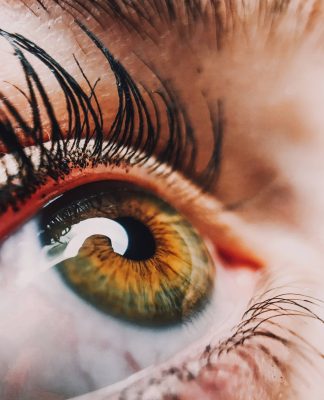Women’s health is always a hot topic. People often try to find natural ways to deal with the ups and downs of menstruation, but sometimes that just isn’t possible for some women. There are many effective natural ways to stop bleeding during period, which can help you avoid the use of tampons. This article summarises these treatments and encourages those who want to know more about different methods for lasting longer in between periods.
How Heavy Bleeding Occurs?
Heavy bleeding during periods is a common problem. Here are some home remedies to help stop the bleeding:
1. Apply pressure to the affected area with a clean cloth or paper towel.
2. Wrap the cloth around the affected area and put pressure on it with your hands.
3. Take ibuprofen or acetaminophen if pain persists.
4. Place a cold pack on the area for 5-10 minutes every few hours to reduce inflammation and pain.
What Causes Heavy Bleeding?
Heavy bleeding during periods can be caused by many different factors, including childbirth, menopause, and hormone changes.
What are the Signs of Heavy Bleeding?
Heavy bleeding during periods can be signs of a serious health problem, so it’s important to know what to look for. Here are the most common signs of heavy bleeding:
1. Red and/or clotted blood on sheets, pads, or clothes
2. A lot of menstrual fluid (menstrual flow) in the toilet every day
3. Moderate to severe cramping
4. Upper body or back pain
5. Extreme fatigue or weakness
6. Fever
Home Remedies For Heavy Menstrual Bleeding
There are many home remedies that can be used to help stop heavy bleeding during periods. Some simple tips include applying pressure to the area with a cloth or folded towel, using pads or tampons that are Über absorbent, drinking plenty of fluids, and taking over-the-counter medications like ibuprofen or Tylenol if needed.
Here are five home remedies for stopping heavy bleeding during periods:
1. Ice pack: Apply an ice pack to the area where the blood is flowing to help stop the bleeding. Make sure to use a cold pack, not a hot one, as this will cause more pain. If you need to take antibiotics or have an abortion, talk with your doctor first before using ice packs.
2. Heating pad: Apply a heating pad to the area where the blood is flowing to stop the bleeding. Make sure to adjust the heat so it doesn’t burn you. Don’t use a heating pad on larger areas of your body as this can cause burns.
3. Period Care tea: There are many ways to ease the pain of heavy bleeding during periods. Period care tea is one popular option that many women swear by, that can make your life much easier during your periods.
4.Salt water: Add saltwater to a cup and stir until dissolved. Pour some of this solution onto a washcloth and apply it to the area where the blood is flowing to stop the bleeding.Note that this remedy can be messy and may stain clothing.
5. Vinegar: Mix 1 tablespoon of white vinegar with 8 ounces of water and pour it over the area where the blood is flowing to stop the bleeding. Please note that this remedy can also be messy and may stain clothing
Some people also find comfort in using hot baths, sitting in a warm draft, using heating pads on the abdomen, or wearing maternity clothes. It’s important to talk with your doctor about any specific remedies that work best for you and to keep a close eye on your blood flow and pain levels throughout your cycle.
The Different Types of Bleeding & Treatment Options
Heavy bleeding during periods can be a real inconvenience and cause lots of worry. There are different types of bleeding, so understanding the cause and appropriate treatment options can make everything much more manageable. Here’s information on each type of bleeding:
Menorrhagia is a common term for heavy periods. It means that the flow of blood is constant or excessive, even when the woman isn’t doing anything strenuous. Menopause may be a trigger for menorrhagia. Treatment options include lifestyle changes (such as eating well and exercising), hormones (if you’re using them), or surgery (such as reducing the size of the uterus).
A minor form of menorrhagia called oligomenorrhea is defined by 6 to 12 menstrual cycles per year with no more than 80 ml (2 cups) total blood loss. Mild forms of menorrhagia lasting fewer than three months may not require treatment, but if it lasts longer than six months, you may need other treatments such as bed rest, medicines, or surgery to remove part of your uterus.
Dysmenorrhea means pain around the time of your period. The symptoms can range from mild to severe and often vary from woman to woman. Primary dysmenorrhea is caused by a problem with the uterus or cervix, which causes pain during menstruation. Causes for secondary dysmenorrhea include endometriosis (a condition in which cells from the uterine wall




















